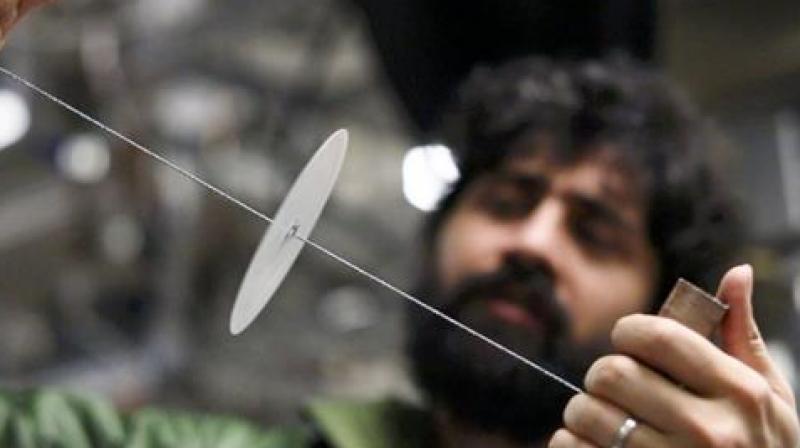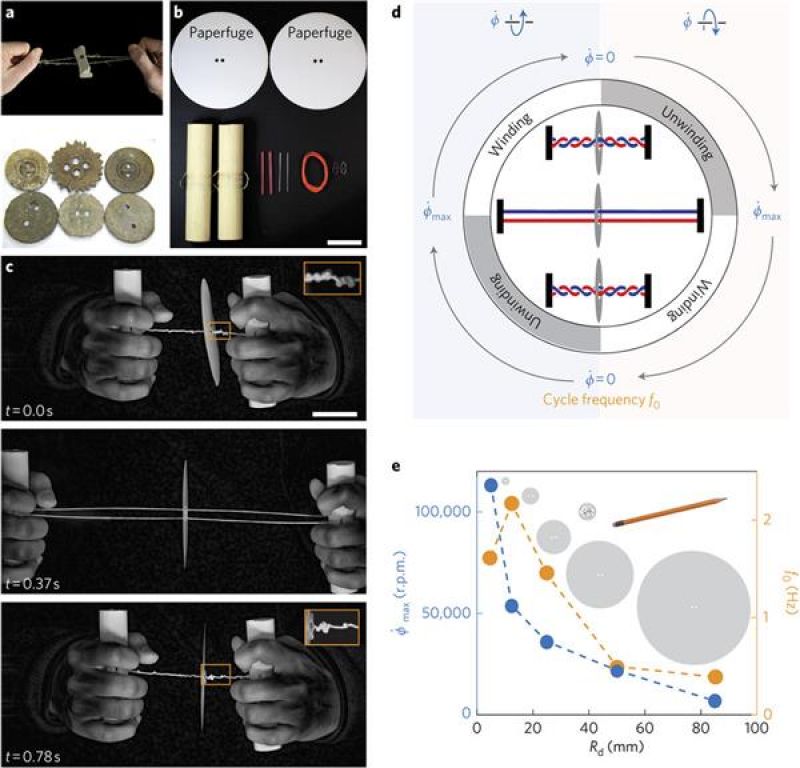New 20 cent device to help detect malaria
The low-cost tool can make a big difference in detecting malaria in the poorest parts of the world.

Scientists, including one of Indian origin, have developed a 20 cent cardboard centrifuge that can help spot malarial parasites in the blood.
The low-cost tool can make a big difference in detecting malaria in the poorest parts of the world. Researchers, including Manu Prakash from Stanford University in the US, built a mathematical model of how a centrifuge worked.
A centrifuge is a medical tool used to separate liquids such as blood being used.
Researchers were inspired by toys such as a yoyo and whirly gig that is made using a spherical object suspended on threads which are then pulled to make it spin.
The team created a computer simulation to capture design variables such as disc size, string elasticity and pulling force, 'BBC News' reported.
They borrowed equations from the physics of super-coiling DNA strands, and eventually created a prototype that spun at up to 125,000 revolutions per minute.
Researchers then used the device to spin blood in a capillary coated with orange dye for 15 minutes.
This separated malarial parasites from red blood cells, enabling them to be spotted under a microscope.


